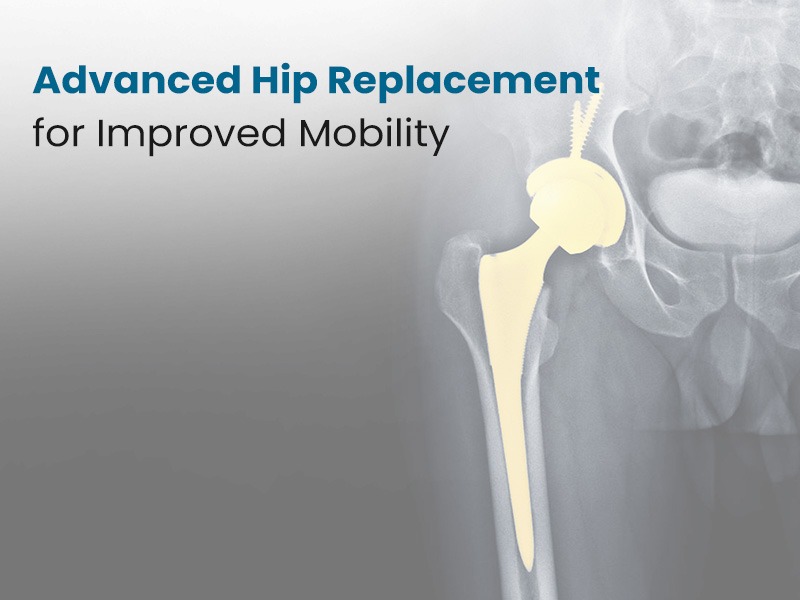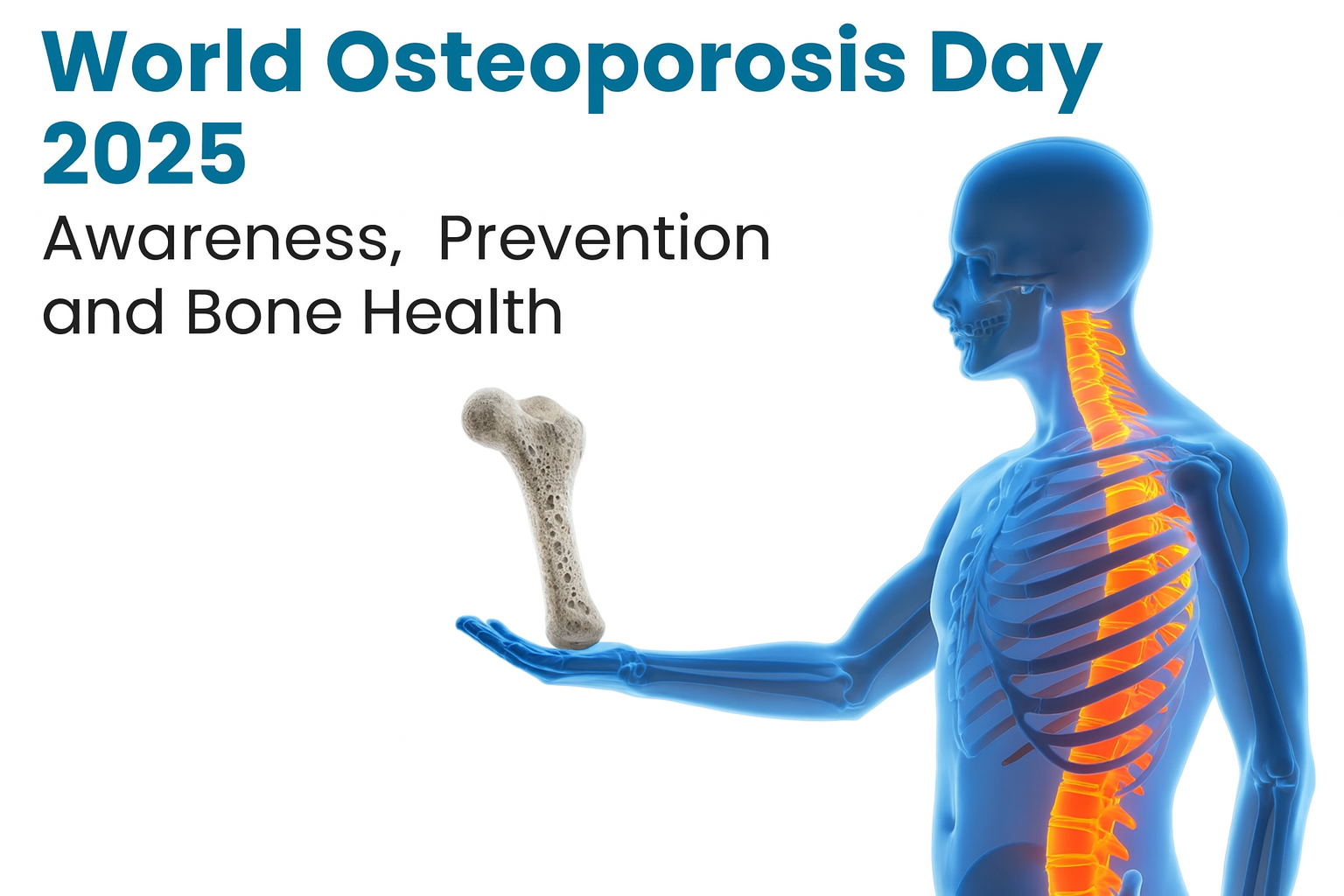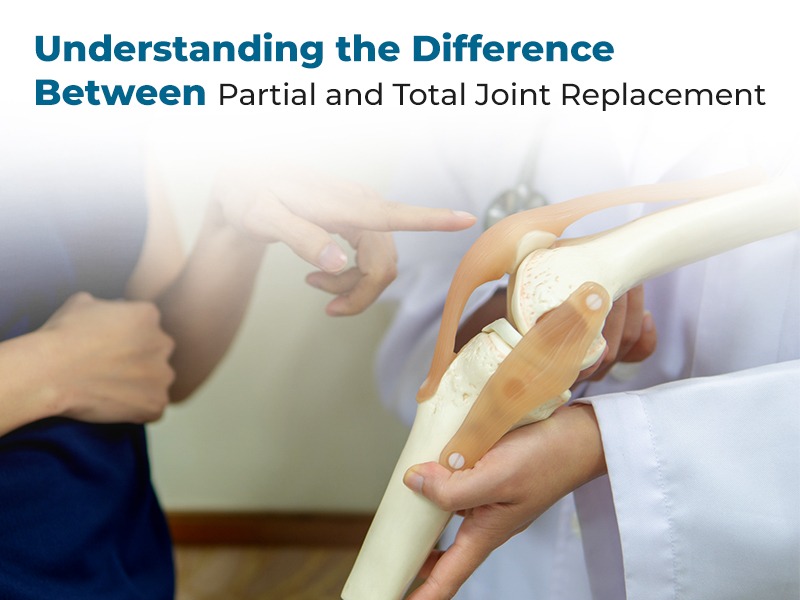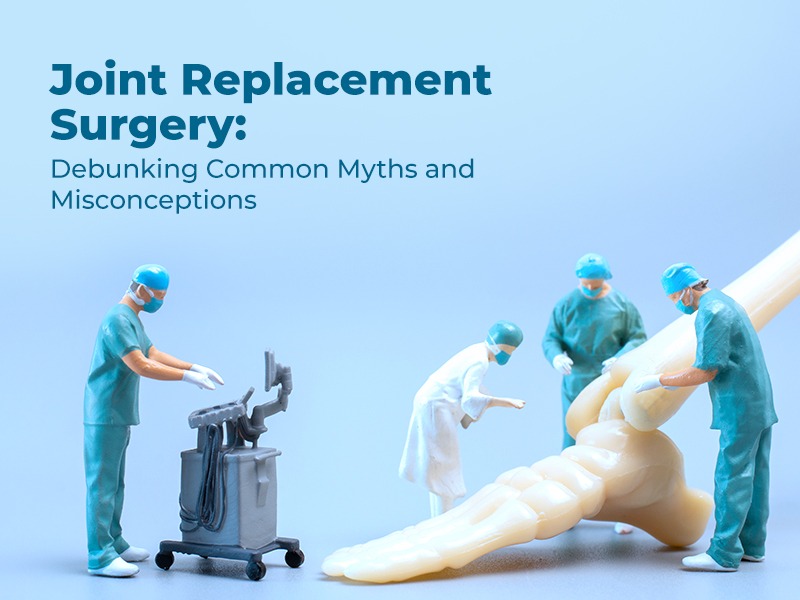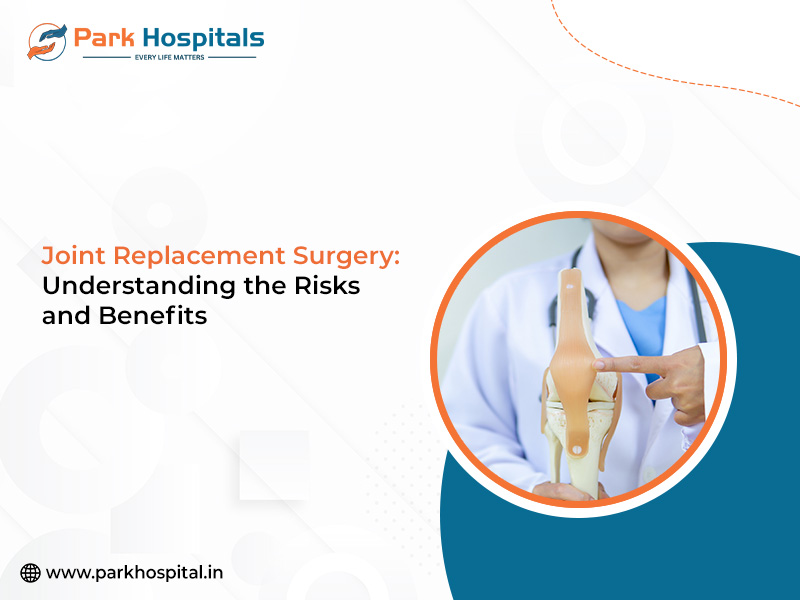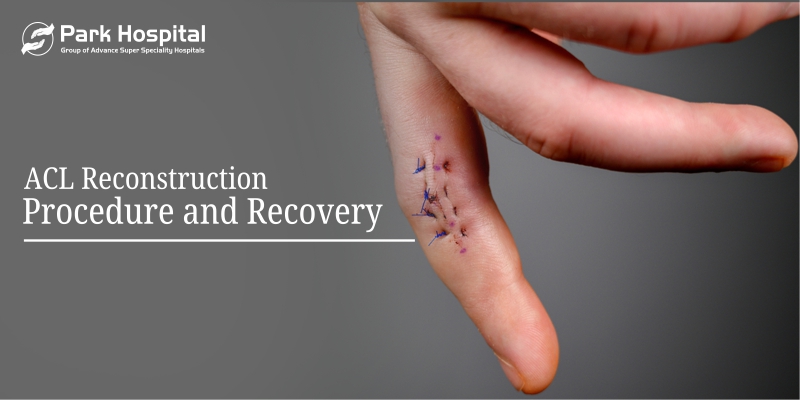Hip pain is one of the most difficult health problems to manage. Severe hip pain, whether caused by arthritis, injury, or degenerative joint issues, can limit mobility, independence, and overall quality of life. For many patients, hip replacement surgery is an answer to the problem of chronic hip pain. Thanks to advances in medical technology and surgical techniques, today's hip joint surgery is safer, more minimally invasive, and offers faster recovery times for hip replacement than ever before.
An Overview of Hip Replacement Surgery
Hip replacement surgery involves removing the damaged parts of the hip joint and replacing them with new artificial parts, most often made of metal, ceramic, or high-grade plastics. The primary purpose of hip replacement surgery is to alleviate pain, restore mobility, and enhance overall movement. Is hip replacement surgery the answer to my hip pain?
Hip replacement surgery is performed when other treatments for hip pain, for example, medications, physiotherapy, lifestyle directing changes, and injections, do not help. Patients with advanced arthritis, fractures, or joint degeneration find that hip replacement surgery will help them regain mobility and return to everyday life without as much pain and discomfort.
Advantages of Advanced Hip Replacement
Typically, conventional hemodynamic surgery has been effective, but it has also generally required large incisions and longer hospital stays. Today, minimally invasive techniques and advanced robotic-assisted surgical methods are available options. These modern techniques offer:
Smaller Incisions
Less scarring
Less blood loss during surgery
Decreased complications
Shorter hospital stays
Faster hip replacement recovery
Today, advanced implants with materials that enhance their durability are available, meaning that depending on your lifestyle choices and health conditions, the artificial hip could last for 20 years or more.
Hip Surgery Cost: Considerations
One of the most common anxieties patients experience prior to undergoing hip joint surgery is the cost of the procedure. Depending on the experience level of the surgeon and different variables associated with surgery, costs can vary:
The type of implant (ceramic, metal, or hybrid)
Surgical method (traditional, minimally invasive, or robotic-assisted)
The hospital's facilities and the surgeon's experience/skill level
The length of your hospital stay
The cost of post-operative care and rehabilitation
While any cost is high up front, it is worth considering that this is a long-term investment in not only your health, but also in your mobility. Ultimately, patients find themselves in a much better position to compare costs because they have invested money into multiple years of hip pain treatment, and the impact of limited mobility has a direct impact on their lifestyle, productivity, and any other treatment that occurs while being limited.
Hip Replacement Recovery: What to Expect
Recovery from hip replacement surgery is unique to each patient, but for most, walking on a supported basis is encouraged on the first or second day following surgery. Physical therapy will also be a vital part of the recovery process so patients are able to regain strength, flexibility, and balance.
Classes of recovery include:
Week 1–2: Walk with support and do some mild exercises to prevent stiffness
Weeks 3–6: Better mobility and gradually becoming independent with some daily activities.
Weeks 7–12: Most patients could resume normal activities, including driving.
After 3 months: Most pain is reduced significantly, and the range of motion is improved.
Patients should be aware of their doctor's advice to follow it closely, continue with physiotherapy, and avoid high-impact activities until completely healed.
Who is a Candidate for Hip Joint Surgery?
Speak to a specialist if you are living with chronic hip pain that makes it difficult to walk, climb stairs, or perform daily activities, and conservative hip pain treatments have not
worked. Patients commonly undergo hip replacement surgery for the following reasons:
Severe osteoarthritis or rheumatoid arthritis
Unhealed hip fractures
Avascular necrosis (loss of blood supply to the hip bone)
Chronic hip pain that is unresponsive to medication or therapy
Conclusion
Dealing with hip pain can be damaging to the body and the mind. Fortunately, because of advances in hip joint surgery, patients can regain mobility, reduce pain, and live a more active life. While there may be variations in the cost of hip surgery, the results of enhanced independence and a better quality of life are worth significantly more than the money you may spend. With the appropriate care and a plan to successfully undergo recovery post-hip replacement, these individuals can look forward to living an active lifestyle without pain.
If you or your loved one is suffering from ongoing pain, speak with a specialist about whether advanced hip replacement surgery is a potential option for you.
Also visit: Best knee replacement surgeon in Gurgaon
FAQs
1. What is advanced hip replacement?
It is a newer type of hip procedure that utilizes smaller incisions, better implants, and faster recovery methods.
2. Will I need physiotherapy after surgery?
Yes, physiotherapy is important in getting strength and mobility back after surgery..
3. Is advanced hip replacement safe for older patients?
Yes, it is safe and it will enhance mobility and quality of life in older patients.
4. Can surgery relieve arthritis-related hip pain?
Yes, it can reduce a significant amount of pain and stiffness from arthritis.
5. Are there any lifestyle restrictions post-surgery?
You should avoid high-impact sports, but otherwise walking, swimming, and cycling are encouraged.

